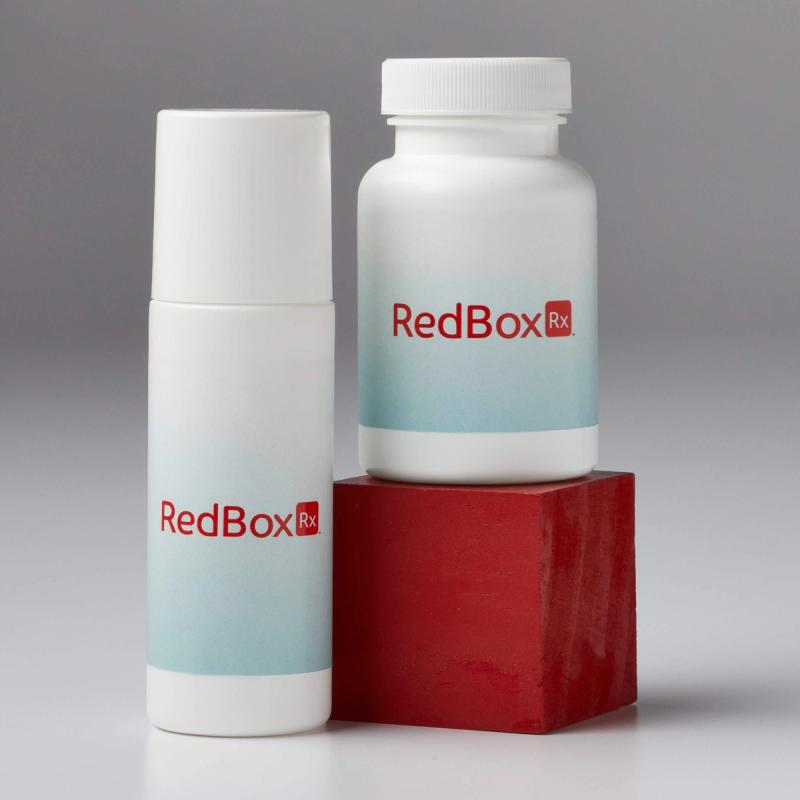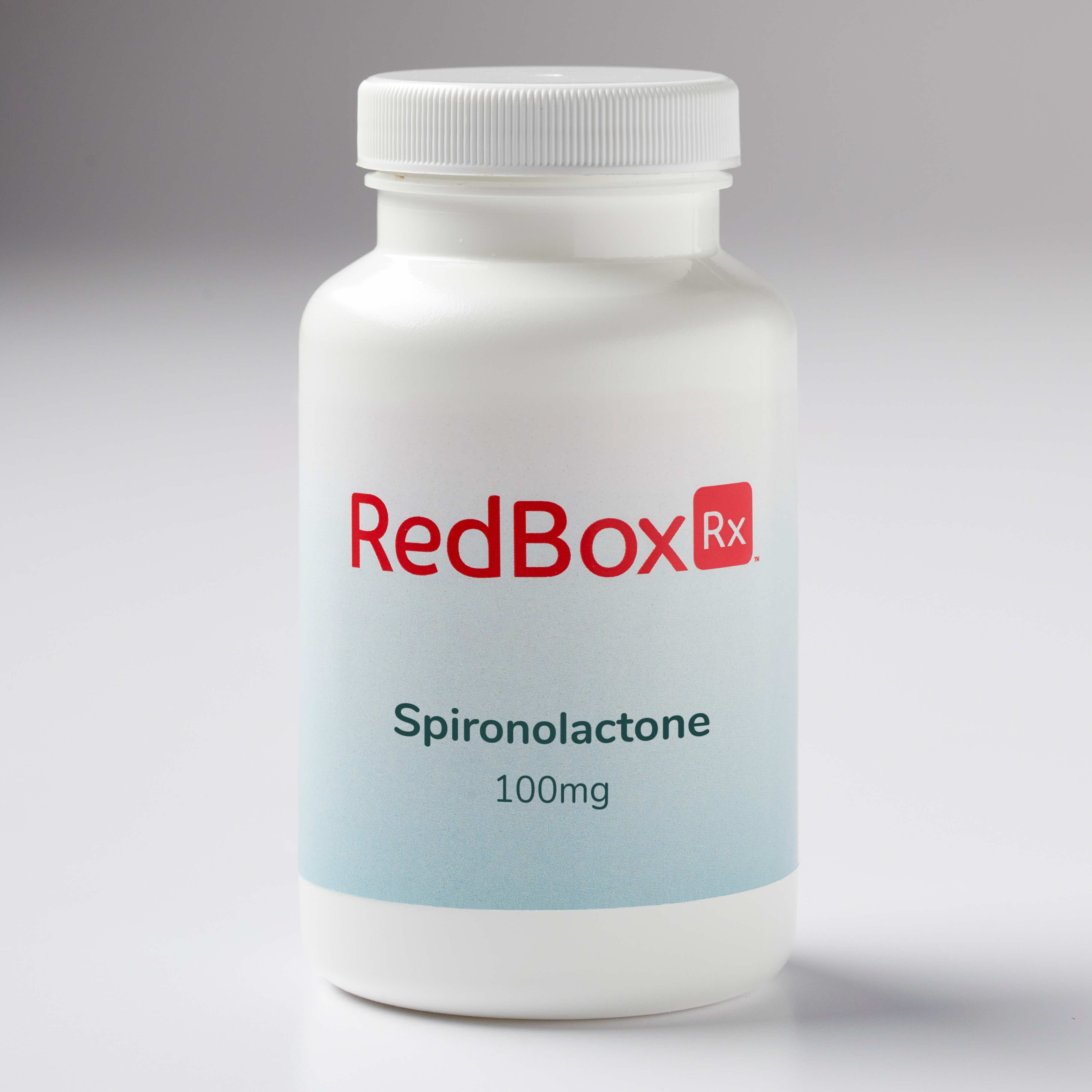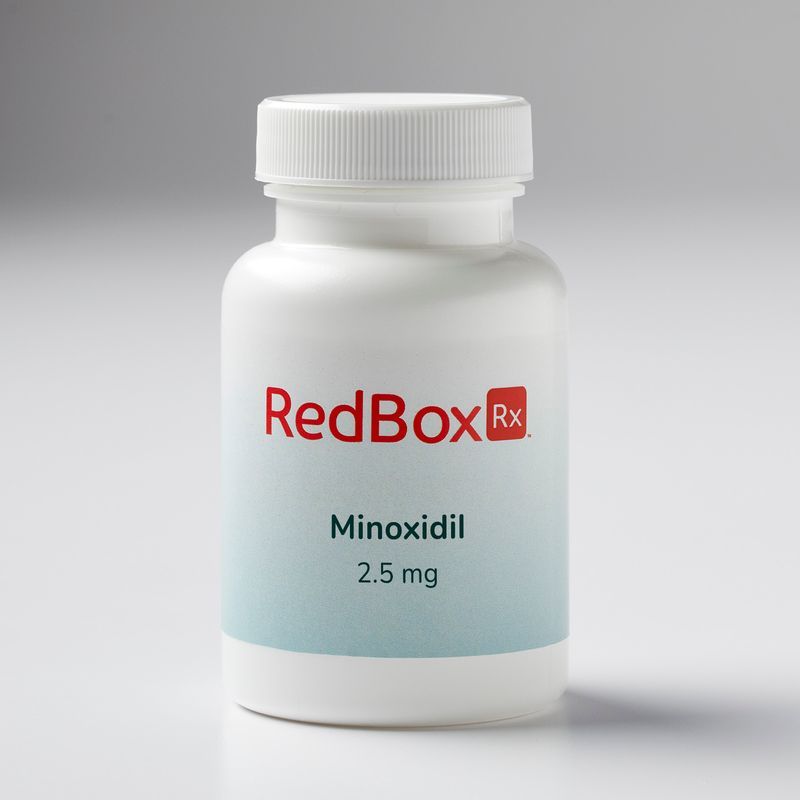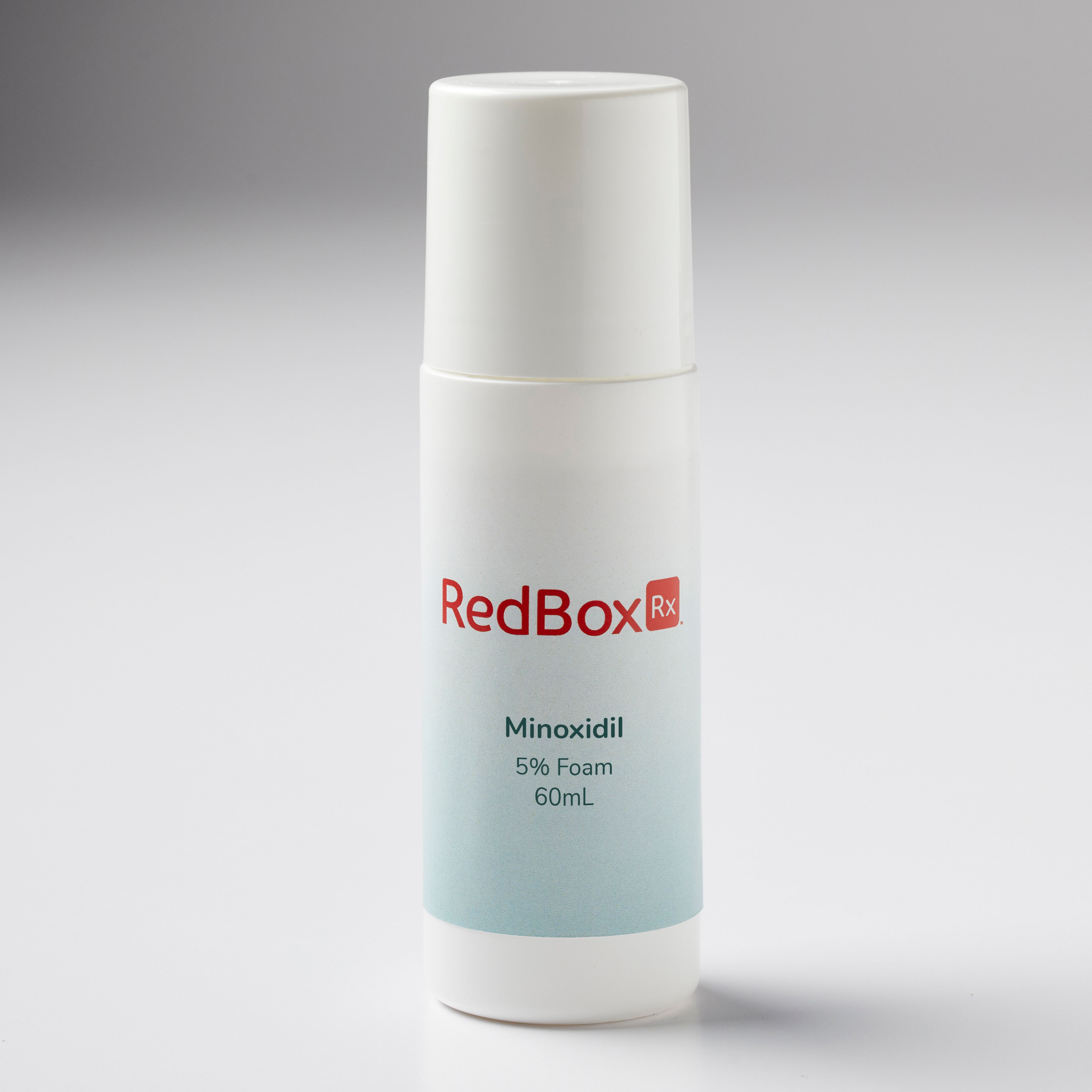About Women's Hair Loss
The medical term for hair loss is alopecia. It is one of the most common disorders that dermatologists diagnose and treat. It can affect just your scalp or your entire body, and it can be temporary or permanent.
-
Hair loss can be the result of heredity, hormonal changes, medical conditions or a normal part of aging. Anyone can lose hair on their head, but it's more common in men.1
The most common type of hair loss is gradual thinning on the top of the head. Women thin on the top of the scalp, while men tend to thin in the front and crown of the head.2 Women typically have a broadening of the part in their hair, while men may appear to have a receding hairline or balding spot.3
Any female can be affected by hair loss. However, it is usually more common in:4
Women older than 40.
Women who have just had a baby.
Women who have had chemotherapy and those who have been affected by other medications.
Women who often have hairstyles that pull on the hair (like tight ponytails or tight braids) or use harsh chemicals on their hair.
Menopausal women.
-
Polycystic ovary syndrome (PCOS) is a common hormone disorder that can cause a range of symptoms, including hair thinning and hair loss, which is referred to as female pattern hair loss, or androgenic alopecia.5
The female body produces androgens. PCOS causes extra androgen production. These extra androgens can also cause the hair on your head to start thinning, especially near the front of your scalp.6
-
Your body has a natural cycle of shedding hair and growing new hair to replace it. During a pregnancy, hormone levels – estrogen, in particular – rise and this may delay this normal cycle. In fact, some pregnant people have a fuller head of hair.
After a pregnancy, hormone levels usually return to their pre-pregnant levels. As a result, you may experience hair loss 1-3 months following a pregnancy.7
-
Any hormonal form of birth control — oral pills, skin patches, hormone injections or implants — can potentially cause hair loss. Progestin is in these products and that may cause hair loss.8
Progestin is a hormone that has androgenic activity, which means that it acts similarly to male hormones. You can switch to a nonhormonal form of birth control or use prescription and nonprescription treatments for hair loss.9
-
Hormone changes and the loss of estrogen during menopause can contribute to female pattern hair loss.10
-
While certain shampoo ingredients may be less than ideal for healthy hair, existing evidence doesn’t point to any specific ingredient as a potential cause of hair loss.11 This includes dry shampoo and dandruff shampoos.
-
Yes. Hair loss after weight loss is a common occurrence that may be the result of stress on the body or nutrient deficiencies.
Experts generally refer to this as telogen effluvium, or stress hair loss. It begins about three months after the initial weight loss.
The condition is usually the result of nutrient deficiencies that arise from severely restrictive dieting or weight loss surgery. It will generally resolve within about six months as the body adjusts to the weight loss.12
-
The average person loses 50-100 hairs a day, but it really depends on length and thickness of the hair. People with shorter or thinner hair appear to shed less. On days when people with long or thick hair wash it, they could shed between 150 and 200 hairs.13
-
Drugs cause hair loss by interfering with the normal cycle of scalp hair growth. The severity of drug-induced hair loss depends on the type of drug and dosage, as well as your sensitivity to that drug.14
Many different types of drugs are thought to cause hair loss15, including:
Acne medications containing vitamin A (retinoids)
Antibiotics and antifungal drugs
Antidepressants
Birth control pills
Anti-clotting drugs
Cholesterol-lowering drugs
Drugs that suppress the immune system
Drugs that treat breast cancer and other cancers
Epilepsy drugs (anticonvulsants)
High blood pressure medications (anti-hypertensives), such as beta-blockers, ACE inhibitors, and diuretics
Hormone replacement therapy
Mood stabilizers
Nonsteroidal anti-inflammatory drugs (NSAIDs)
Parkinson's disease drugs
Steroids
Tamoxifen
Thyroid medications
Weight loss drugs
Hair loss is common in people who are taking chemotherapy drugs for cancer.16
Chemotherapy drugs that tend to cause hair loss include:17
Adriamycin
Cyclophosphamide
Dactinomycin
Daunorubicin
Docetaxel
Doxorubicin
Etoposide
Fluorouracil
Ifosfamide
Irinotecan
Methotrexate
Nitrosoureas
Paclitaxel
Tamoxifen
Topotecan
Vinorelbine

50%
More than 50% of women will experience hair loss in their lifetimes. The most common form of hair loss is female pattern hair loss (FPHL).
Source: Cleveland Clinic
Sorry, we’re closed for today. Our U.S. licensed medical providers are available daily 7 a.m. to 9 p.m. CST via live video visit. We look forward to serving you soon. Email us anytime at [email protected].
What Our Patients Are Saying
-
“
No need to see a doctor in person. After they looked at it, everything flowed really well and I got my order quicker than I anticipated. Thank you for making it a smooth process.
Nicole K.
-
“
Assessment, education and medication at my doorstep within 3 days. Very satisfied!
Jackie B.
-
“
The fastest ever online evaluation and delivery I've ever experienced.
Mariah D.
Women's Hair Loss Treatment FAQs
-
Medications are available to treat female pattern hair loss. The most common options include:
Minoxidil (Rogaine®): Minoxidil is available in an oral tablet by prescription and topical formulations (liquid, foam and shampoo) which you can get by prescription or over the counter. Minoxidil is FDA-approved for both men and women. If you select minoxidil in its topical form, it is most effective to apply the product to the scalp skin once daily for women and twice daily for men. Many people prefer the foam applied when the hair is wet.1
Spironolactone (Aldactone®): This is a prescription drug women can use for androgenic alopecia.2, 3
-
Shampoos can’t treat the cause of your hair loss, but some ingredients are better than others.4
If you’re experiencing hair loss, pick a shampoo that’s moisturizing and includes an active ingredient like ketoconazole5 to improve hair health.
-
A hormonal imbalance can lead to hair loss in women. A common cause of this imbalance is polycystic ovary syndrome (PCOS). It leads to cysts on a woman’s ovaries, along with other signs and symptoms, which can include hair loss. Stopping some types of birth control pills can cause a temporary hormonal imbalance. Women who develop a hormonal imbalance can develop thinning hair (or hair loss) on their scalp.6
-
The type of temporary hair loss caused by a stressor or change to your body is called telogen effluvium.
Acute stress hair loss lasts fewer than six months, and your hair loss tends to happen two to three months after a stressor or change to your body. In 95% of cases, acute telogen effluvium goes away (resolves).7
Chronic stress hair loss lasts longer than six months. It affects your entire scalp and may not have a clear cause. You may lose your hair in handfuls during the early stages, but it won’t cause total baldness.8
Because one of the main causes is a stressor on your body, it’s important to identify the cause. Once you address the cause, most cases will resolve without treatment within six to eight months.9
Even though stress hair loss should resolve on its own, common treatments may include medications like minoxidil tablet or minoxidil foam, taking multivitamins or supplements that contain iron and biotin and modifying your hairstyle technique.10
-
Collagen may help improve your hair by providing amino acids and helping to fight damaged hair follicles. It may also slow down thinning and graying.11
However, research on the effects of collagen on human hair is limited.
If you’re interested in trying collagen to improve your hair, consider bone broth or supplements that can be mixed into food or drinks. You can purchase collagen supplements at local retailers or online.12
-
A well-balanced diet is the first key to healthy hair. But you may still need extra help to kick-start your hair restoration.13
The best vitamins for hair growth include B vitamins, vitamin D, vitamin E, zinc, biotin and iron.14
In addition, pumpkin seed oil, capsaicin and isoflavone, omega-3 and omega-6 fatty acids, apple nutraceutical and other nutritional supplements may help with hair loss.15
How RedBox Rx Works

Why Choose RedBox Rx
Wide selection, easy process and low prices.
- Free online assessment with U.S. licensed medical provider.
- Meds starting at $13.33 per month.
- Flexible prescription options.
- Confidential, private and secure.
- Free standard shipping or expedited/overnight available.
Sorry, we’re closed for today. Our U.S. licensed medical providers are available daily 7 a.m. to 9 p.m. CST via live video visit. We look forward to serving you soon. Email us anytime at [email protected].




